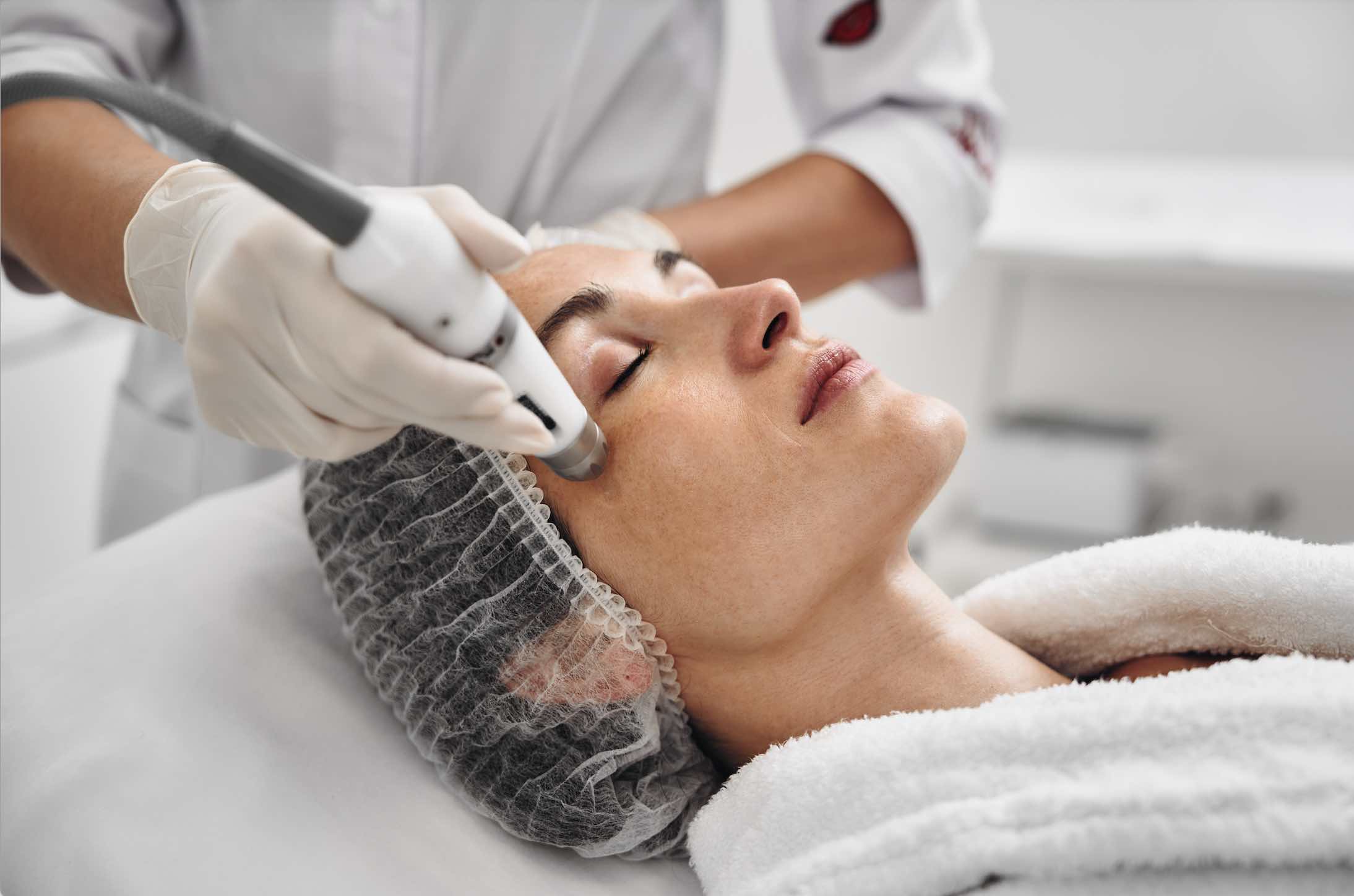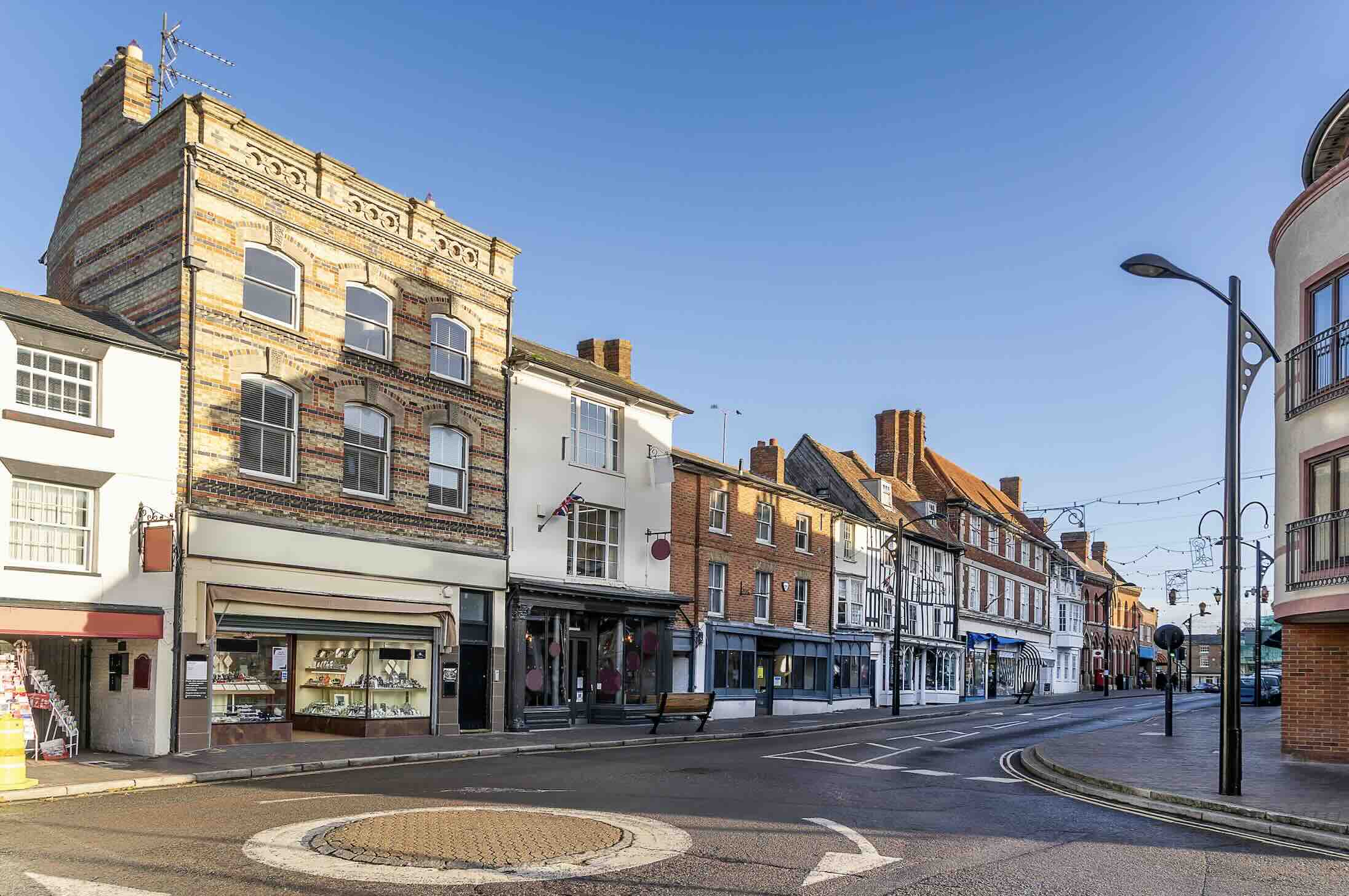Scottish Government publishes Non-Surgical Procedures Bill for beauty industry regulation
The Scottish Government has published the Non-Surgical Procedures and Functions of Medical Reviewers (Scotland) Bill, introducing a new framework to regulate non-surgical cosmetic treatments and strengthen client safety across the beauty industry.
The Bill, introduced on October 8, 2025, follows the Government’s earlier consultation on the regulation and licensing of non-surgical cosmetic procedures, which ran from December 2024 to February 2025.
It aims to ensure that procedures such as dermal fillers, microneedling and chemical peels are carried out safely, by appropriately trained practitioners, and within licensed premises that meet strict hygiene and safety standards.
On On Tuesday 27 January 2026, the Scottish Parliament's Health Social Care and Sport Committee recommended that the Scottish Parliament agree to the general principles of the Non-surgical Procedures and Functions of Medical Reviewers (Scotland) Bill.
The committee shared their support for a two tiered approach, ensuring that high-risk procedures can only be done under supervision in regulated premises. The committee have taken into consideration concerns from industry professionals, clarifying recommendations to provide support through the transitional period, and stricter sanctions to deter irresponsible practice.
Key points of the Bill
According to the Scottish Government, the Bill will make the following key changes:
- Ban on certain procedures for under-18s: Treatments such as dermal fillers and strong chemical peels will no longer be permitted for clients under 18 years old.
- Licensing and safety standards: Specific non-surgical procedures that pierce or penetrate the skin, including injectable and advanced skin treatments, can only be performed in licensed premises that comply with new safety and hygiene requirements.
- Government powers to expand regulation: The Scottish Government will have powers to amend the list of regulated procedures and to define who can perform them, what qualifications are required, and how compliance is enforced.
These procedures are defined as those which:
- pierce or penetrate the skin
- are not provided as part of NHS healthcare
- are not delivered for medical treatment purposes
- are not already licensed under the Civic Government (Scotland) Act 1982
A full list of regulated treatments is detailed in Schedule 1 of the Bill, with the option for future amendments.
When will the new beauty treatment regulations take effect?
The Scottish Government confirmed that the Bill will progress during the current parliamentary session, which runs until May 2026. Once approved, it will create a mandatory licensing system for specific non-surgical cosmetic and wellbeing procedures.
Part 1 of the Bill will make it illegal to perform regulated procedures on anyone under 18, or to offer them from unlicensed premises.
The Bill also gives Ministers the power to introduce further restrictions in the future, including setting qualification requirements and enforcement procedures for practitioners.
Background: reclassification of beauty treatments following consultation
The introduction of this Bill follows the Scottish Government’s earlier decision to reclassify several beauty treatments based on responses to its consultation on non-surgical aesthetic regulation.
After feedback from industry professionals and organisations, several treatments were moved from higher-risk categories (Groups 2 or 3) into Group 1, meaning they are now recognised as lower risk and do not require medical oversight.
These reclassified treatments include:
- Radiofrequency
- High frequency ultrasound (for non-intimate use)
- Photorejuvenation
- Fruit peel or glycolic acid chemical peels that affect only the viable epidermis
- Cryolipolysis
- Cryotherapy
- Electrocautery (advanced electrolysis)
These now join Group 1 treatments such as:
- Microneedling to a depth of 1.5mm
- Laser hair and tattoo removal
- Laser treatments for acne scarring, sun damage, and non-ablative skin rejuvenation
- IPL and LED therapies
Why the Bill was introduced
The Scottish Government has stated that the purpose of the Non-Surgical Procedures Bill is to ensure all non-surgical treatments are safe, hygienic, and appropriately regulated, protecting both clients and practitioners.
The Government also highlighted that such procedures may pose physical or psychological risks to young people, leading to the decision to restrict them to adults.
In addition, the Bill includes updates to the Certification of Death (Scotland) Act 2011, clarifying when reviews of medical certificates can be requested and simplifying rules for cremations of people who die elsewhere in the UK.
Latest developments
In recent developments, the Health Committee have expressed support of the Bill, urging the government to take action.
Upon recommendation, the committee acknowledges concerns expressed by professionals currently providing non-surgical procedures. Recommending that the Scottish Government provides appropriate support and guidance to help aesthetic professionals seamlessly transition into abiding by the new regulatory framework.
The committee has also voiced concerns over a lack of clarity around requirements for clinical supervision of those procedures covered by the Bill, including minimum qualification requirements for those providing supervision and the scope of their clinical and managerial responsibilities. Therefore calling for a staged implementation, allowing professionals to meet the new requirements, while enforcing sanctions upon practitioners who show no interest in complying with the law.
Other criticisms raised include concerns that the current sanctions set out would not deter irresponsible practice, calling on the Scottish Government to introduce stronger penalties for offences committed under the Bill.
The committee’s report seeks assurances that, in the short term, the Scottish Government will commit additional funding to enable HIS to enforce the Bill properly from the outset.
“Our committee believes patient safety must always come first and that’s why we are supportive of this Bill which will provide much needed regulation of the non-surgical procedures industry,” shares the health, social care and sport committee convener, Clare Haughey.
“We fully back provisions making it illegal for under 18s to access these procedures and believe the Scottish Government should work with the UK Government to improve and standardise training and qualifications so all providers meet a minimum standard.
“We acknowledge that there will be many practitioners who are concerned about the impact this new regulatory framework may have on their businesses. That’s why we’re calling on the Scottish Government to provide appropriate support and guidance to help responsible providers make a successful transition and continue operating in compliance with the law."
What happens next
The Bill is currently at Stage 1, meaning it has been referred to a lead committee in the Scottish Parliament for consideration.
Following the committee’s report, MSPs will debate and vote on the general principles of the Bill. If approved, it will proceed through the remaining stages before becoming law.
Industry groups’ reactions to the new Bill
The British Association of Beauty Therapy and Cosmetology (Babtac) has been a contributor to the development of this Bill through its role within the Scottish Government’s Interventions Expert Group.
Lesley Blair MBE, Babtac’s chief executive and chair, said, “We are absolutely delighted after all our years of supporting and advising Scottish Government that this Bill has finally been published.
“We are also grateful to have played an instrumental part in the revisions ahead of publication, both through our own submission, as well as my contribution as a part of the Scottish Government's Interventions Expert Group.
“We are thankful that all of our recommendations were accepted, and the Bill now reflects a proportionate approach to regulation without impacting client safety and professional standards, which is imperative for the future of the sector in Scotland.
“This is a very positive step forward and Babtac will continue to support and advise both the Scottish and the wider UK government with insights and recommendations in line with measures to ensure a safer beauty industry.”
Summary
The publication of the Non-Surgical Procedures Bill marks a major milestone in Scotland’s approach to aesthetic and wellbeing treatment regulation. With a focus on proportionate safety measures, age restrictions and professional standards, the legislation is expected to set a precedent that could influence future regulation across the UK.




